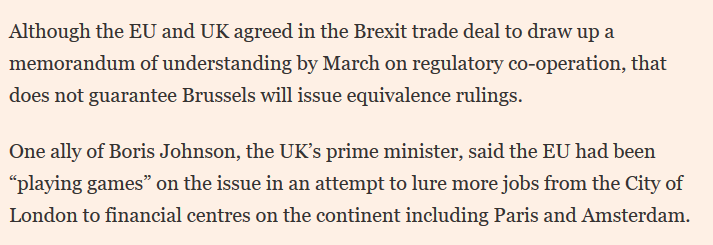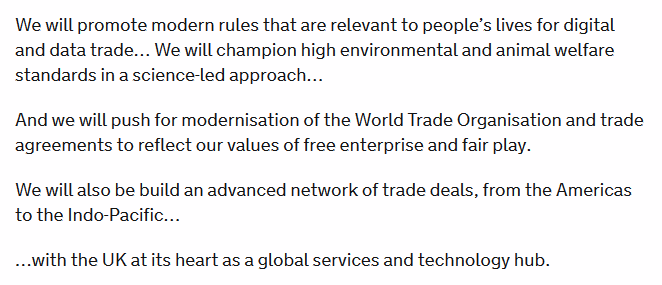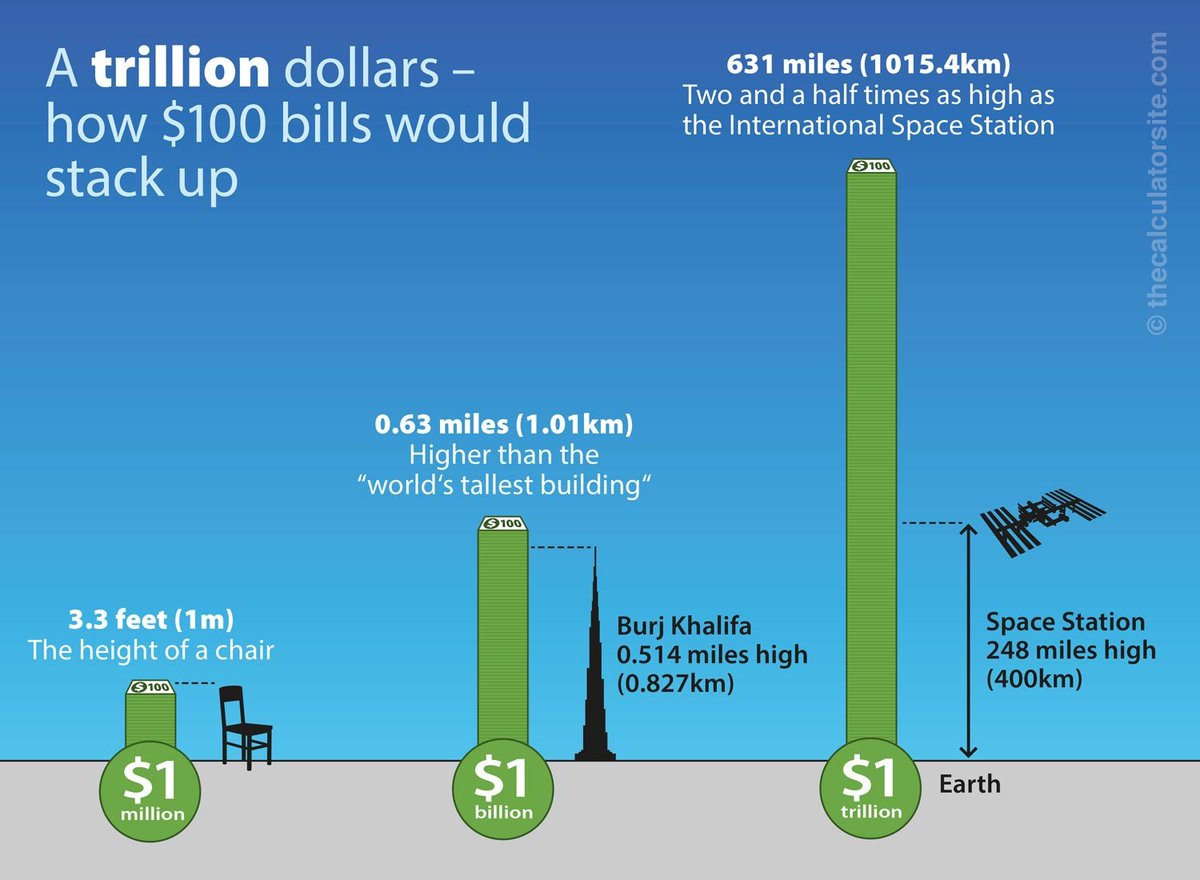Breathless accounts of brilliant negotiating are oddly unaccompanied by statements of UK wins.
More from David Henig
We need to talk about UK politics. More specifically we need to talk about the absence of opposition to a no-deal Brexit risking Scottish independence, Northern Irish peace, the end of the mass market car industry, more expensive food, and damaged relations with US and EU 1/n
Project fear and the red wall. The first meaning that every serious threat, such as that of Nissan that their plant will be unsustainable, is dismissed with little discussion. The red wall, apparently so angry with Labour about the EU they are afraid to have a position. 2/
Because 'sovereignty' apparently. But a particularly nefarious form of sovereignty in which the normal kind of things you discuss in a Free Trade Agreement - shared rules, access to waters - become when discussed with the EU unacceptable infringements and threats. 3/
You note in the UK we aren't having a discussion on what level playing field rules or access to fishing waters might be acceptable. Or normal. Or even what we might want, like shared increased commitments on climate change. No, all rumours. Evil EU. Worse French. 4/
Those who follow closely see incredible briefings in the papers, like today claiming the EU demand for raising minimum shared standards was only raised on Thursday, treated as fact. This was known months ago. But the media too often just reports the spin as fact. 5/
UK cabinet to back Johnson over no-deal Brexit - The Times https://t.co/uCuOTsNdJL pic.twitter.com/88x5Tw2g53
— Reuters (@Reuters) December 6, 2020
Project fear and the red wall. The first meaning that every serious threat, such as that of Nissan that their plant will be unsustainable, is dismissed with little discussion. The red wall, apparently so angry with Labour about the EU they are afraid to have a position. 2/
Because 'sovereignty' apparently. But a particularly nefarious form of sovereignty in which the normal kind of things you discuss in a Free Trade Agreement - shared rules, access to waters - become when discussed with the EU unacceptable infringements and threats. 3/
You note in the UK we aren't having a discussion on what level playing field rules or access to fishing waters might be acceptable. Or normal. Or even what we might want, like shared increased commitments on climate change. No, all rumours. Evil EU. Worse French. 4/
Those who follow closely see incredible briefings in the papers, like today claiming the EU demand for raising minimum shared standards was only raised on Thursday, treated as fact. This was known months ago. But the media too often just reports the spin as fact. 5/
So many stories of new barriers to trade between UK and EU, but you might be thinking at some point these will run out. The government is certainly hoping so. Well they may slow down, but trade relations and regulations are not static, and changes will lead to further problems.
The likelihood of continued trade problems for a £650 bn trade relationship is why there should be a huge cross-government effort led by the Foreign Office and Department for International Trade to put in place the necessary resources to seek best results.
There isn't.
So the UK's relationship with the EU currently consists of two not particularly good deals and no consistent effort to manage current problems or prevent future ones. Joint committees are a second order problem to putting in place the right internal structures.
But that's been the consistent UK problem in relations with the EU since 2016. Lack of focus on getting the right internal structures, people, asks, strategy, too much attention on being tough and a single leader.
News just in. This doesn't necessarily mean the right structure being put into UK-EU relations. I suspect Frost's main role is to ensure no renegotiations with the EU.
Also, wonder what this says about the PM's trust in Michael Gove?
The likelihood of continued trade problems for a £650 bn trade relationship is why there should be a huge cross-government effort led by the Foreign Office and Department for International Trade to put in place the necessary resources to seek best results.
There isn't.
So the UK's relationship with the EU currently consists of two not particularly good deals and no consistent effort to manage current problems or prevent future ones. Joint committees are a second order problem to putting in place the right internal structures.
But that's been the consistent UK problem in relations with the EU since 2016. Lack of focus on getting the right internal structures, people, asks, strategy, too much attention on being tough and a single leader.
News just in. This doesn't necessarily mean the right structure being put into UK-EU relations. I suspect Frost's main role is to ensure no renegotiations with the EU.
Also, wonder what this says about the PM's trust in Michael Gove?
NEW: David Frost is joining Boris Johnson\u2019s Cabinet! The peer has been appointed a minister at the Cabinet Office, effective March 1.
— Sebastian Payne (@SebastianEPayne) February 17, 2021
Frost will also chair the partnership council overseeing the UK-EU trade deal and oversee reform to "maximise on the opportunities of Brexit"




















